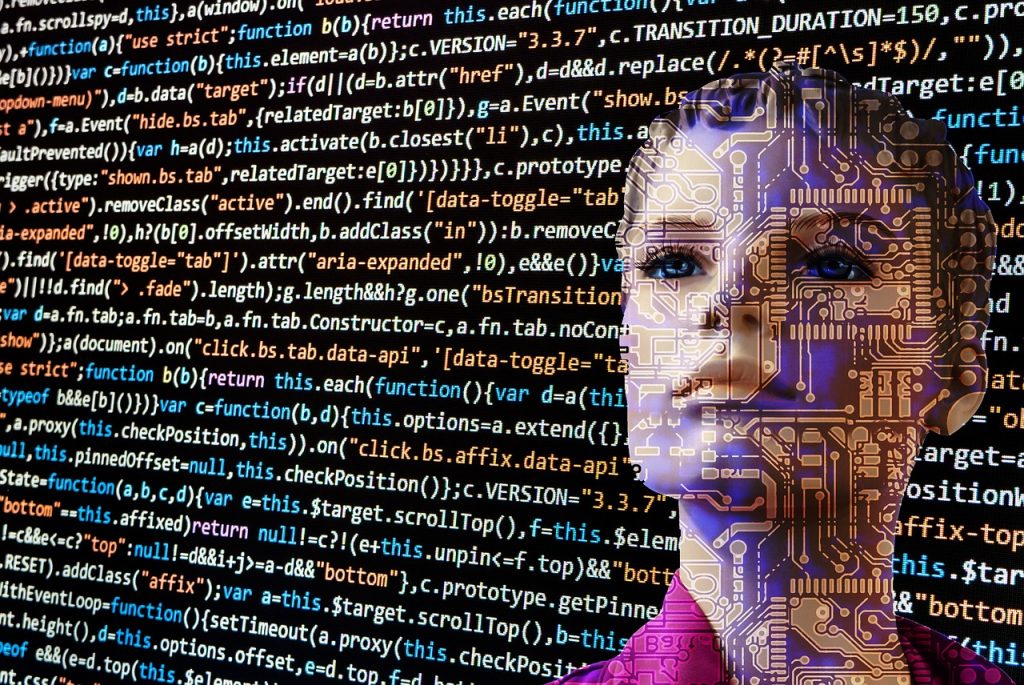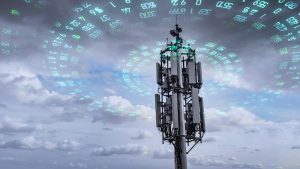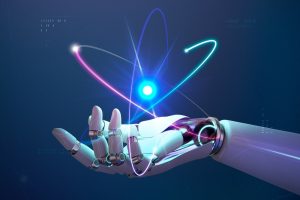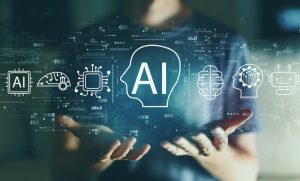Is Artificial Intelligence As Perfect As We Believe?

Recently, artificial intelligence has become very present in our professional and personal life.
Robotics and artificial intelligence (AI) has long been regarded as “future technologies.” However, as with robotic arms, we can now state unequivocally that AI is far more than science fiction. AI is very much real in our personal and working development, and it is quickly catching up in popularity to mobile devices.
There isn’t a simple act in our daily lives where the use of AI hasn’t had an impact. From Alexa and Siri to self-driving cars, AI is going to step up to assist us in the same way that humans do. When one thinks of AI, the image that comes to mind is of self-driving cars in complex road situations.
Is artificial intelligence truly “intelligent”?
Artificial intelligence (AI) is repeatedly alluded to as the key driver behind today’s technologies. As a result, it normally elicits excitement and high expectations. Computers use neural network models that are modeled after the ability of the human brain, which excels in previously unseen areas.
This has led us to believe that AI will one day outsmart us and fix all of our problems. Language tools with increasingly advanced capabilities, such as virtual personal assistants or machine translations tools, are examples. Linguistic tools can mimic us because AI’s underlying models can gain knowledge patterns from large amounts of data.
However, artificial intelligence (AI) is progressively being used in judgment processes in fields of human resources, health coverage, and banking, to name a few. Machines are beginning to fully understand us and our desires by analyzing human behavior using massive amounts of input data. Recommendation engines then easily filter out content and make suggestions for us on social networks for films to watch, news to read, or clothes to wear, assisting us in making decisions.
Thus, when asked about “Artificial Intelligence,” the general public believes that these are examples of “Artificial Intelligence” in this era.
AI isn’t “truly” intelligent.
When we compare the capabilities of a (voice-activated) virtual assistant to those of a typical child talking about just a plastic toy, for example, the device requires a great deal more data – and it will find it difficult to grasp common knowledge, such as common sense. One of the most distinguishing characteristics of human intelligence is ‘common sense,’ which no AI device will ever be able to replicate.




